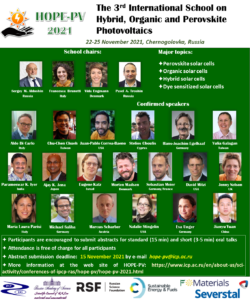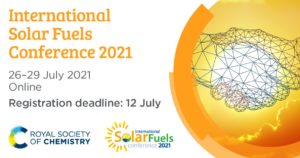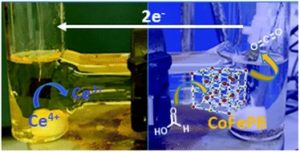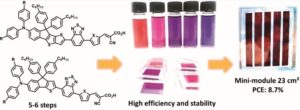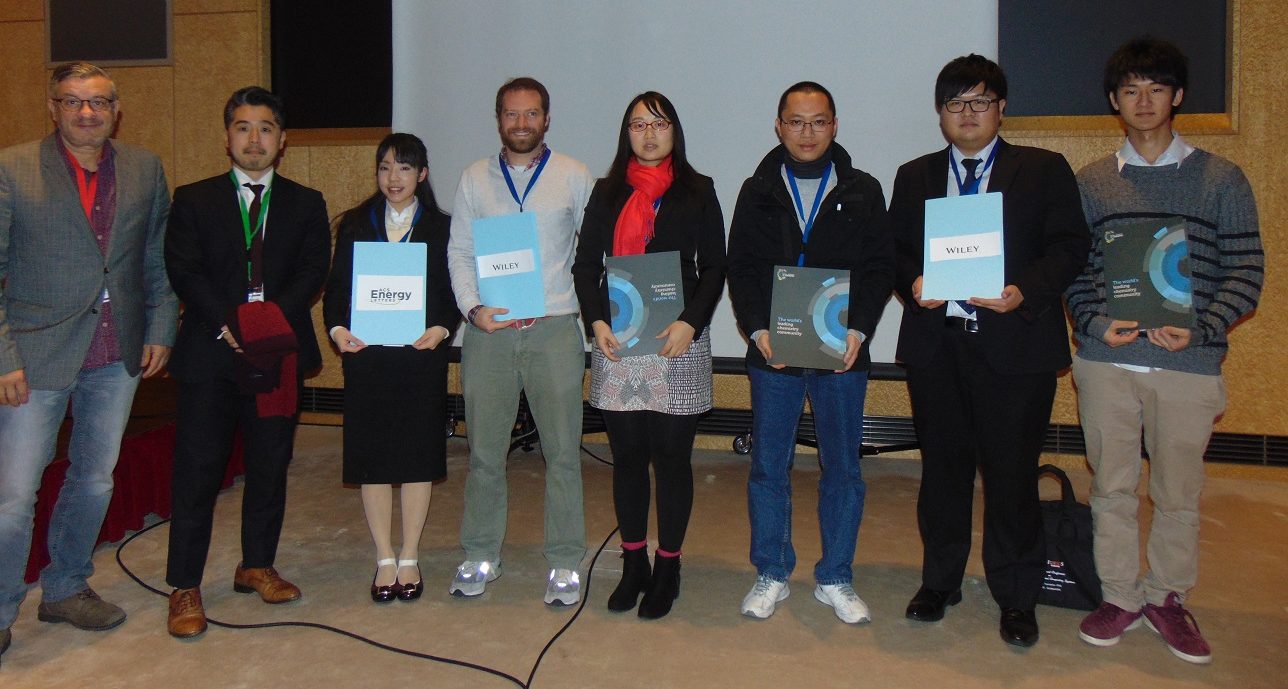Our themed collection highlighting Hybrid, Organic and Perovskite Photovoltaics Stability is guest edited by Profs. Francesca Brunetti, Vida Engmann, Morten Madsen and David M. Tanenbaum.
This collection will showcase recent progress and challenges in the field of stability for hybrid, organic and perovskite photovoltaics. The scope of the collection is broad, and we welcome all submissions on photovoltaics stability which provide insights regarding future directions towards more stable and sustainable technologies. All manuscripts must also fall within the scope of the journal and meet the journal’s usual quality criteria as outlined on our webpage.
For more information on the collection, see our open call for papers. The deadline for submissions has now been extended to the 30th of September 2023.
All articles included in the collection will be made free to access for one month after publication and benefit from promotion via our social media channels.
When you publish with Sustainable Energy & Fuels, you can:
- Put your trust in both our rigorous peer review process and fast times to publication – with a medium time to first decision for peer reviewed manuscripts of 28 days
- Benefit from Open Access publishing options
- Be confident of the global energy audience for your work when publishing in the RSC’s energy journal family which includes Energy & Environmental Science and EES Catalysis.
Article publication online and in issues will occur without delay to ensure the timely dissemination of the work. The articles will then be assembled on the RSC Publishing platform and promoted as a web-based thematic collection, to permit readers to consult and download individual contributions from the entire series.
If you’re interested, submit your research today, mentioning that the work is a contribution to the Hybrid, Organic and Perovskite Photovoltaics Stability collection when submitting your manuscript.













